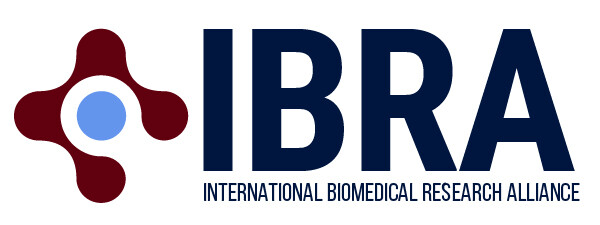
The 2020 Dr. Richard And Vera Siegel Translational Award Was Presented To Scholar Maggie Westwater
The Dr. Richard and Vera Siegel Translational Award was generously endowed by NIH MD/PhD Partnership Program co-founder, Dr. Richard Siegel and his wife, Vera. First awarded in 2016, this annual award recognizes advances in the field of medical science that move fundamental discoveries from the bench to the bedside. The recipient of the Translational Award in 2020 was NIH-Cambridge Scholar Maggie Westwater. Maggie is mentored by Prof. Paul Fletcher at the University of Cambridge and Drs. Christian Grillon and Monique Ernst at the NIH’s National Institute for Mental Health.
Maggie has achieved an extraordinary feat in carrying out a unique and very challenging study examining how cognitive, neural, metabolic and endocrine factors come together to shape eating patterns and psychopathology in the most serious eating disorders: Anorexia Nervosa (AN) and Bulimia Nervosa (BN). She conceived and conducted one of the largest studies of this kind in this field. The primary findings from this work, identifying distinct hormonal responses to stress in AN and BN, have just been accepted for publication in one of the major international psychiatry journals, and her complementary neuroimaging work, which examined a prominent theory that psychological stress reduces our capacity for self-control, is currently under review. The successful completion of this work represents an outstanding accomplishment of clinical research and the insights emerging from the analysis will have important and far-reaching consequences. Here is the link to Maggie’s publication.
“I was very touched and honored to have been awarded the Dr. Richard and Vera Siegel Translational Award at the 2020 NIH Global Doctoral Partnerships Annual Workshop Awards Ceremony. My doctoral work has been driven by a desire to develop clinically-translational insights into the mechanisms of severe eating disorders, which have one of the highest mortality rates of all mental illnesses. I am beyond grateful to the program, my mentors, and my colleagues for their support of this work, as well as to Dr. Richard and Vera Siegal for generously supporting this prize.”
Maggie will be completing her PhD viva this Autumn, and following this, she plans to apply for independent funding for her postdoctoral research, which will use high-field, 7 Tesla neuroimaging to characterize homeostatic influences on decision-making processes in anorexia nervosa.
